
Mark Freedman, MD, MSc, Tanuja Chitnis, MD, and Ahmed Obeidat, MD, PhD, answer questions about biomarkers in MS care.
Professor of Medicine in Neurology, University of Ottawa; Director, Multiple Sclerosis Research Unit, Ottawa Hospital; Senior Scientist, Ottawa Hospital Research Institute

Mark Freedman, MD, MSc, Tanuja Chitnis, MD, and Ahmed Obeidat, MD, PhD, answer questions about biomarkers in MS care.

Mark Freedman, MD, MSc, Tanuja Chitnis, MD, and Ahmed Obeidat, MD, PhD, discuss future directions in MS amid increasing advances in the field.

Mark Freedman, MD, MSc, Tanuja Chitnis, MD, and Ahmed Obeidat, MD, PhD, discuss the limitations of neurofilament light chain in identifying disease progression.

Mark Freedman, MD, MSc; Tanuja Chitnis, MD; and Ahmed Obeidat, MD, PhD, discusses the challenges associated with the cost of MRI and other important tools in the monitoring and assessment of MS.

Tanuja Chitnis, MD, discusses the CLIMB database and study to identify predictors of future disease and determine the effect of treatment on progressions and disability.

Mark Freedman, MD, MSc, Tanuja Chitnis, MD, and Ahmed Obeidat, MD, PhD, contextualize data from large studies regarding the utilization of neurofilament light chain.

Mark Freedman, MD, MSc, Tanuja Chitnis, MD, and Ahmed Obeidat, MD, PhD, discuss how use of biomarkers has affected understanding and assessment of lesion types.

Mark Freedman, MD, MSc, Tanuja Chitnis, MD, and Ahmed Obeidat, MD, PhD, review conditions under which they would assess treatment success for patients who have changed therapies.

Thought leaders explore treatment possibilities in patients with irregular NFL patterns.

Tanuja Chitnis, MD, shares possible course of action if NFL levels begin to rise during treatment.

Mark Freedman, MD, MSc, Tanuja Chitnis, MD, and Ahmed Obeidat, MD, PhD, raise important questions about the extent to which biomarkers can aid in patient care as well as their limitations.

Mark Freedman, MD, MSc, Tanuja Chitnis, MD, and Ahmed Obeidat, MD, PhD, talk about the practical use of biomarkers in treatment decision making.

Tanuja Chitnis, MD, explains how higher neurofilament light chain levels can signal disease activity in MS.

Ahmed Obeidat, MD, PhD, recounts the difficulties with MRI as a main biomarker for MS and shares strategies for optimal use of the technology.

Tanuja Chitnis, MD, discusses the use of ultra-sensitive assays to determine protein levels in the blood, which may aid in the diagnosis of MS.

Ahmed Obeidat, MD, PhD, considers utility of biomarkers in MS diagnosis, but he also noted that diagnosis remains clinical.

Mark Freedman, MD, MSc, Tanuja Chitnis, MD, and Ahmed Obeidat, MD, PhD, discuss the role of biomarkers and the key areas in which they will be used in managing day-to-day decisions in patient management.

All agree that having a simple, standardized serum biomarker to measure disease activity would offer the greatest utility in treating a medical condition such as MS, which now has a variety of graded therapies available.
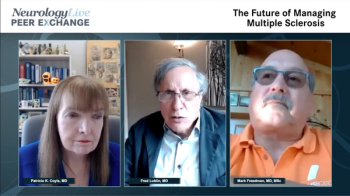
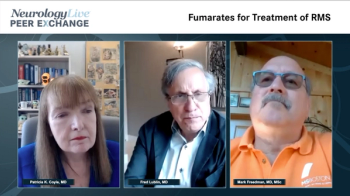
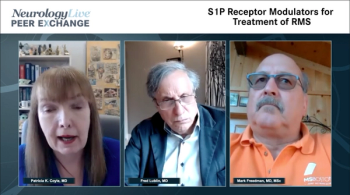
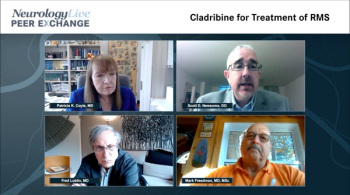
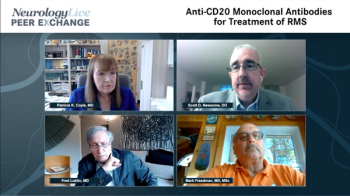
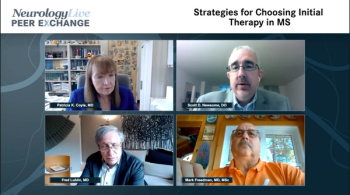
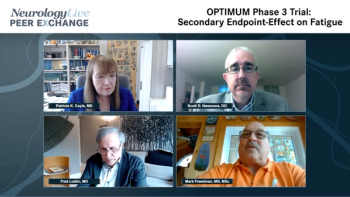
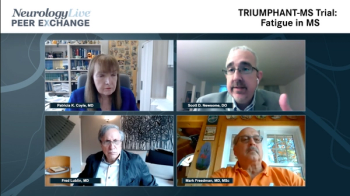
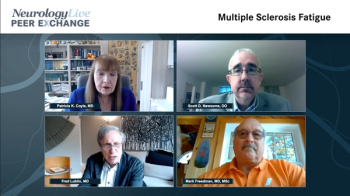
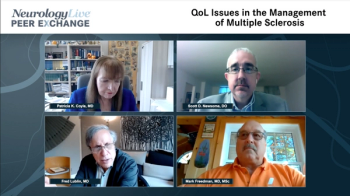
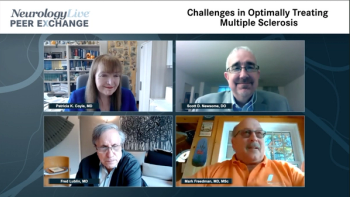
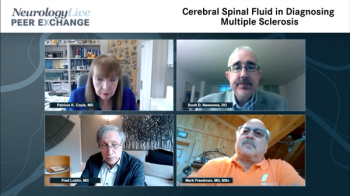

Published: March 4th 2024 | Updated:

Published: January 15th 2024 | Updated:

Published: January 15th 2024 | Updated:

Published: February 19th 2024 | Updated:

Published: March 4th 2024 | Updated:

Published: March 4th 2024 | Updated: